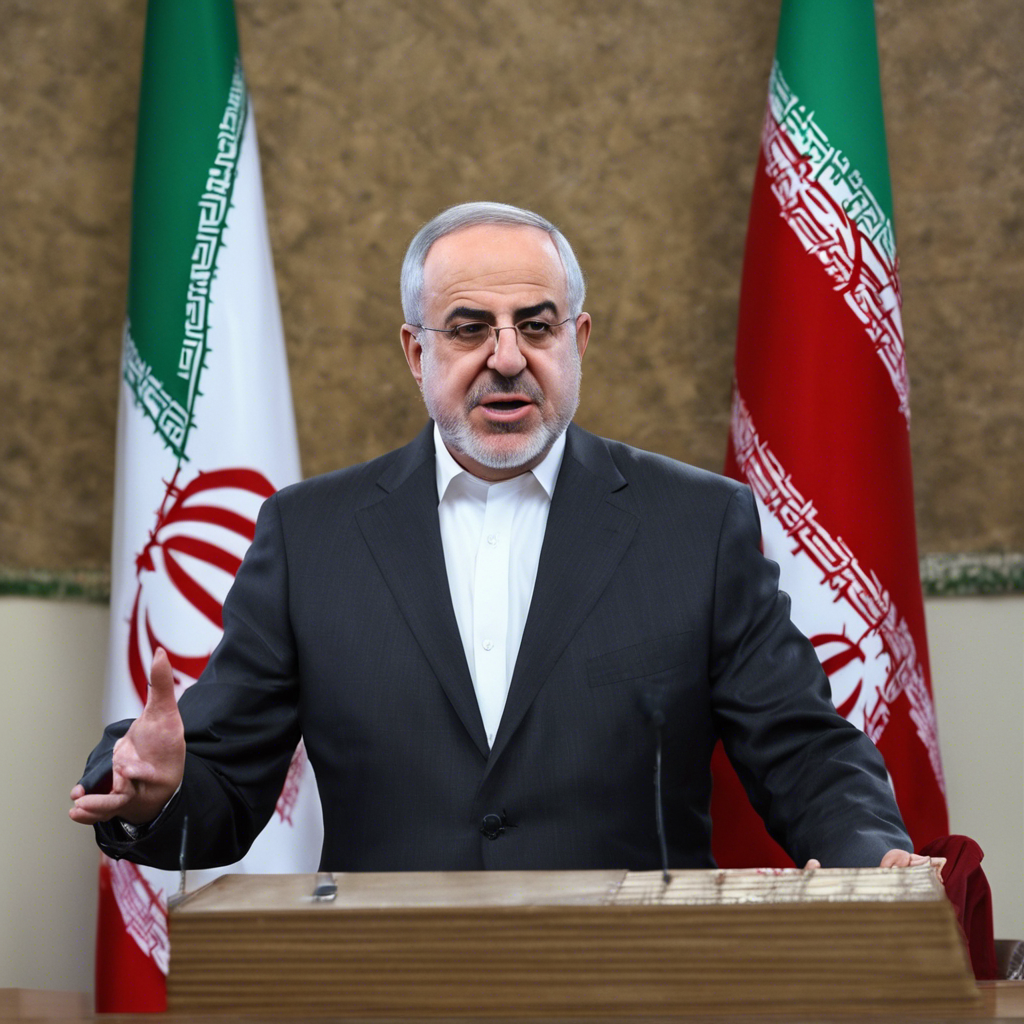Iran’s Foreign Minister Warns U.S. Against Tying Fate to Netanyahu, Blames U.S.-Israel Cooperation for Regional Insecurity

Iran’s Foreign Minister expresses concerns over U.S. support for Israel and calls for an end to the war in Gaza
Iran’s Foreign Minister, Hossein Amir-Abdollahian, has issued a warning to the United States, urging them not to “tie their destiny” to the fate of Israeli Prime Minister Benjamin Netanyahu. Speaking at the World Economic Forum in Davos, Amir-Abdollahian criticized Washington’s unwavering support for Israel, stating that it is “the root of insecurity in the region.” As the Israel-Hamas conflict enters its 100th day, tensions continue to rise, and Iran is calling for an end to the war in Gaza.
Aiding the Houthis?
Amir-Abdollahian also addressed allegations of Iran’s involvement in aiding Yemen-based Houthi rebels. The Houthi militia group has been responsible for disrupting global trade through their attacks on commercial vessels in the Red Sea. However, the Iranian Foreign Minister denied these claims, asserting that the people of Yemen and other countries in the region who defend the Palestinian people are acting independently. He emphasized that they are not receiving any orders or instructions from Iran.
Maritime Security Concerns
Highlighting the importance of maritime security to Iran, Amir-Abdollahian explained that the country’s oil exports heavily rely on secure shipping routes. Any insecurity in the vicinity of Iran would be detrimental to its interests. The Iranian Foreign Minister blamed Israel for destabilizing the region and accused them of committing genocide in Gaza. Iran supports Hamas in its conflict with Israel and continues to provide weapons to Lebanese militant group Hezbollah. While Yemeni officials opposing the Houthi rebels have accused Iran and Hezbollah of supporting the militia group, both Iranian and Hezbollah officials have denied these allegations.
U.S. Strikes Against Houthi Targets
In response to the Houthi attacks on commercial vessels, the U.S. and its allies recently conducted strikes against Houthi targets in Yemen. These targeted strikes aim to protect the flow of international commerce and send a clear message that attacks on personnel and threats to freedom of navigation will not be tolerated. This marks the first strike against the Iran-backed Houthis in Yemen, as the U.S. has previously targeted Iranian proxies in Syria and Iraq during the Gaza war.
Prioritizing National Interests
Amir-Abdollahian emphasized that Iran is committed to securing its national interests and is open to cooperation with any other country that aligns with those interests. As tensions escalate in the region, Iran calls for the U.S. to play a constructive role in ending the war in Gaza and promoting stability in the Middle East.
Conclusion: Iran’s Foreign Minister’s warning to the U.S. highlights the deep-rooted concerns over Washington’s unwavering support for Israel. As the Israel-Hamas conflict continues to escalate, Iran seeks to end the war in Gaza and address the issue of maritime security in the Red Sea. The U.S. strikes against Houthi targets in Yemen demonstrate a shift in focus towards protecting international commerce and maintaining freedom of navigation. As tensions persist, it is crucial for all parties involved to prioritize dialogue and cooperation to ensure stability in the region.

